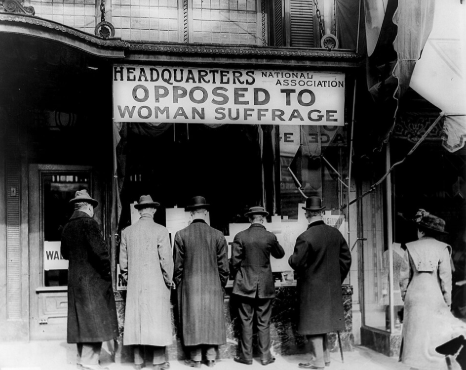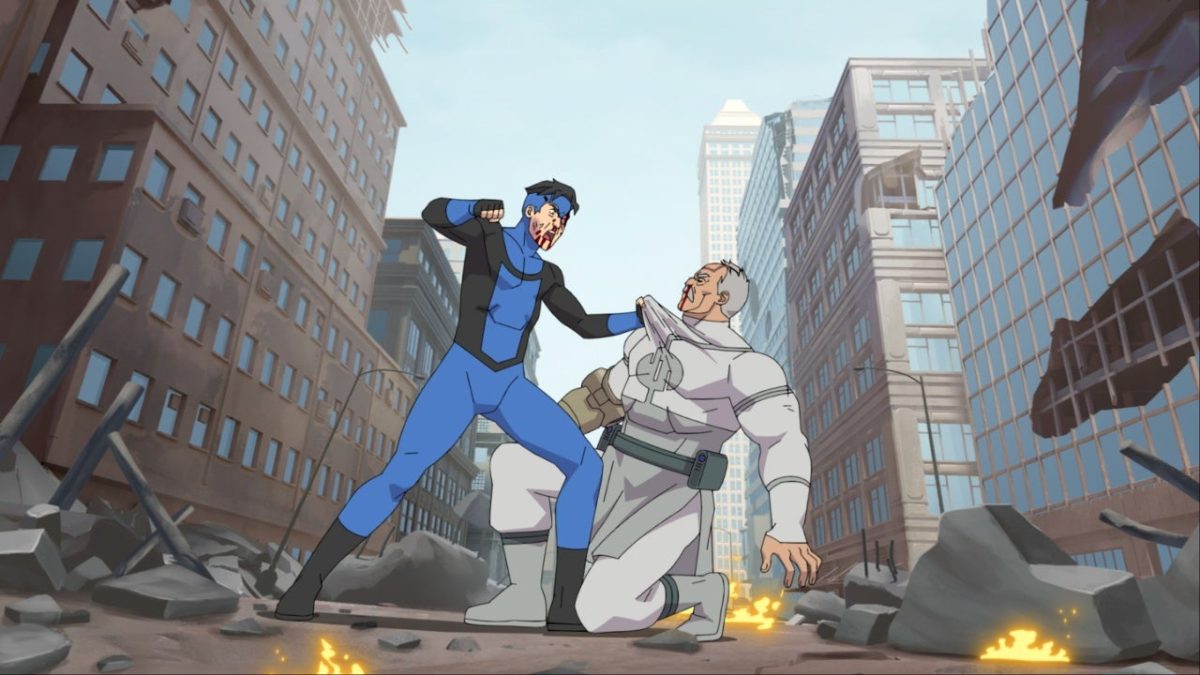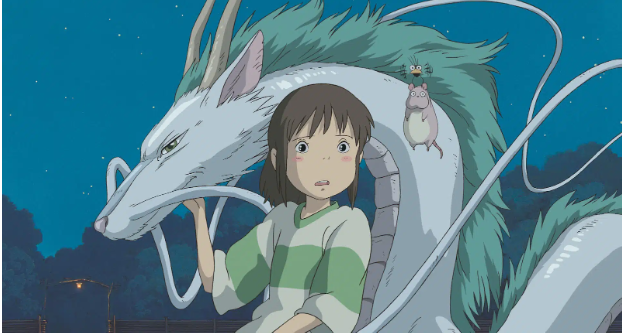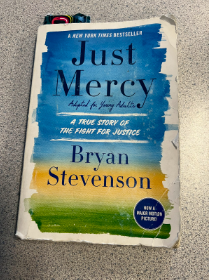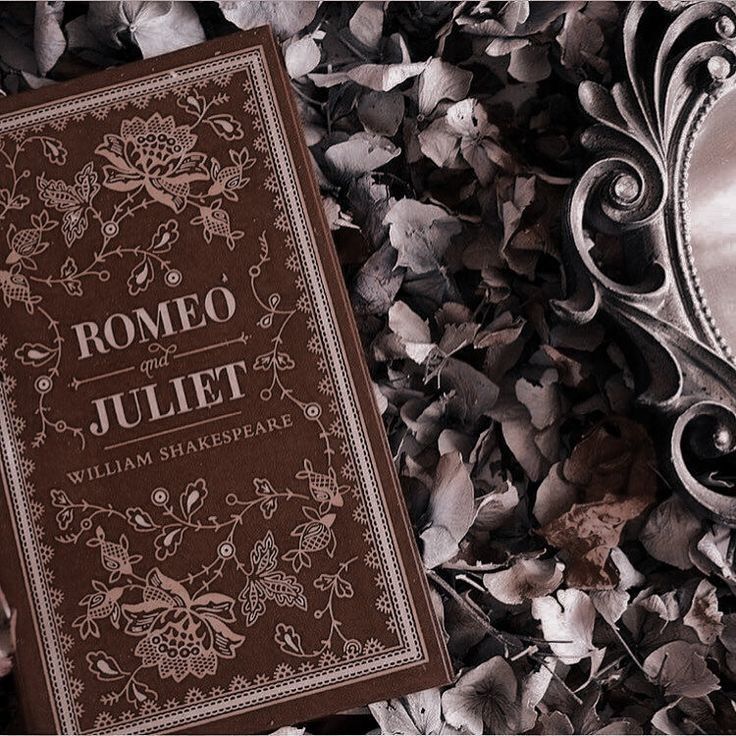Tragic love is a genre that has captivated viewers for decades. Romeo and Juliet’s love persevering through family rivalry is a perfect example of the beauty in tragedy. The Song of Achilles shows readers what it’s like to die for love, and equally what it’s like to kill for it. But why do readers prefer these heart-wrenching stories over a happily-ever-after?
The knowledge of two characters who form a strong bond only to have that bond inevitably fail can bring readers a sense of catharsis. A happily-ever-after ending is good for people who wish to feel the comfort of true love, but it sometimes leaves the feeling of dissatisfaction. Small obstacles such as a disapproving family or the cliché enemies-to-lovers trope are examples of ways lovers can overcome the seemingly impossible, but happily-ever-after stories often fail to draw out the deeper emotions within characters. Characters often fall flat because their only purpose in a story is to love another, often in a way that seems fated, which lowers the stakes of the story as a whole. They are meant to be predictable, and as such can lack strong characteristics.
In The Song of Achilles, readers get the chance to watch Patroclus grow alongside Achilles after his own banishment. They watch the way their love blossoms, their training, the stolen glances, the way that Patroclus would know Achilles even “in death, at the end of the world”.
*Spoiler Warning*
These established interactions are tragically ripped out from under them when Patroclus goes to war for Achilles, disguised in his armor, only to be killed by Hector. To watch Achilles spiral into despair after losing his love strips away the happiness that was once nestled in the hearts of readers, only to make room for the blood-chilling realization that Achilles truly could not live without Patroclus. Achilles could not let go of Patroclus and that begins to become apparent when he mentions that, “When he died, all things soft and beautiful and bright would be buried with him” and similarly that he had not planned to live after he was gone. Achilles is seen as a complex character as we watch him let go of his boyish innocence and become an honorable warrior while holding tight to his sense of loyalty. This makes his fall into despair even more impactful, as the audience watched him grow, and now must watch that character struggle in new ways
When looking at stories such as Twilight, many of the characters don’t have much growth throughout the story. Bella Swan’s entire character revolves around her love for Edward. Every obstacle she encounters is because of him and as seen in the movies as well as the book, she always makes it out largely unscathed, or in ways that don’t end up having permanent consequences. In New Moon, She gives up on pretty much everything because Edward left her. While she has slight development throughout the story because of said event, she is still a very flat character. This movie is a great example of a cliché romance because its entire plot is Bella and Edward’s love story and the many ways they make it through minor setbacks, but it lacks the in-depth emotions brought on by real stakes and consequences. The audience isn’t on the edge of their seats because it fails to suck them in. There’s no anguish and there aren’t many parts where the reader has to set the book down to process what’s been read. While stories like this can still have comforting entertainment value, that comfort often sacrifices depth or a sense of wonder as events of the plot unfold.





















